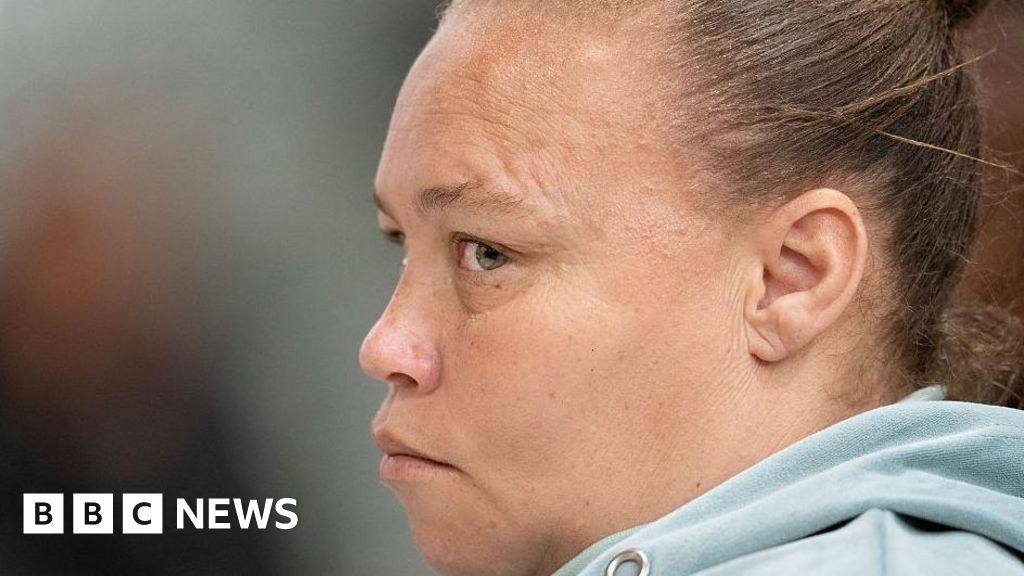Senator Wiener Faces Criticism for Avoiding San Francisco's Mission Street Drug Crisis

California State Senator Scott Wiener has drawn criticism for declining a request to tour a section of Mission Street in San Francisco, an area grappling with a significant drug crisis. The invitation came from a local reporter who sought to highlight the challenges firsthand and discuss potential solutions with the senator.
Mission Street, particularly in the Tenderloin neighborhood, has long been recognized as a hotspot for drug use and related issues. Open-air drug dealing, public intoxication, and related health concerns are prevalent, impacting residents, businesses, and the overall quality of life in the area. The situation has become increasingly dire in recent years, prompting calls for greater action from local officials.
The reporter's offer to Senator Wiener was intended as an opportunity for him to witness the conditions directly and engage in a dialogue about the complex problems facing the community. However, Senator Wiener's refusal has sparked debate and accusations of avoiding a critical issue within his own district. Some argue that witnessing the problem firsthand is essential for informed policymaking and effective resource allocation.
Senator Wiener's office released a statement explaining his decision, citing a busy legislative schedule and existing commitments. They emphasized that the senator is aware of the challenges on Mission Street and has consistently supported efforts to address homelessness, drug addiction, and mental health issues. However, critics argue that a brief tour would have demonstrated a commitment to understanding the lived experiences of those affected and a willingness to prioritize the issue.
The controversy highlights a broader debate surrounding how elected officials should engage with complex social problems. While some argue that data and policy analysis are sufficient, others maintain that personal observation and direct engagement are crucial for developing effective and compassionate solutions. The situation on Mission Street exemplifies the need for a multifaceted approach that combines evidence-based policies with a genuine understanding of the human impact.
Local community groups and business owners have expressed frustration with the lack of visible action from elected officials. They argue that the situation on Mission Street is harming their businesses, creating safety concerns for residents, and contributing to a sense of despair in the neighborhood. Many are calling for increased funding for addiction treatment programs, expanded mental health services, and more aggressive enforcement of laws against open drug use.
The senator's decision has amplified calls for greater accountability and transparency from local leaders. It underscores the importance of elected officials being responsive to the concerns of their constituents and demonstrating a willingness to confront difficult issues head-on. The future of Mission Street and the surrounding community hinges on the ability of policymakers to develop and implement effective strategies to address the root causes of the crisis and improve the quality of life for all residents. The debate serves as a reminder that political engagement requires not only policy proposals but also a genuine commitment to understanding and addressing the challenges faced by the communities they represent.






